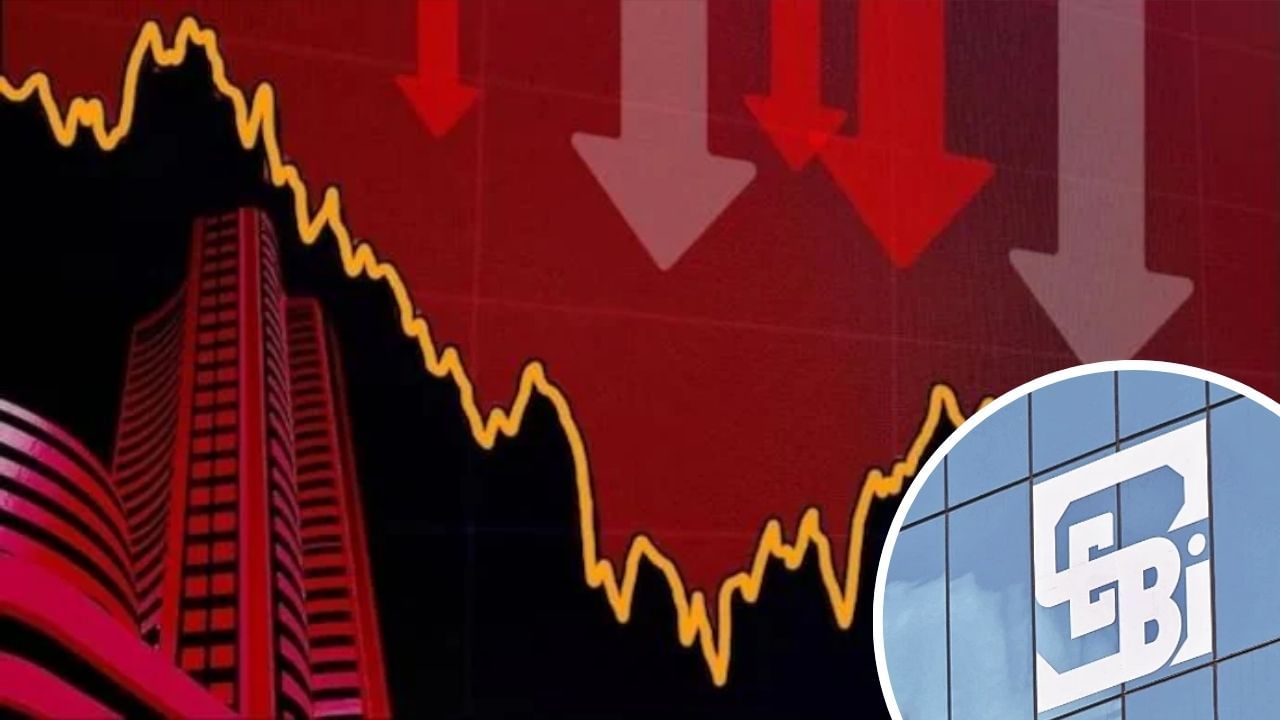A possible decision of SEBI (SEBI), the regulatory body of the Indian stock market, has severely affected many big shares related to the capital market. Actually, Sebi is considering a plan to abolish the weekly expiry and bring control of option trading. As soon as this news came to light, stocks like BSE, CDSL and Motilal Oswal saw a sharp decline.
Shares from BSE to CDSL dropped
The biggest impact of this possible SEBI plan had to fall on the BSE stock, which fell more than 3%. At the same time, shares of Central Depository Services Limited (CDSL) and Motilal Oswal Financial Services also fell by about 1-1%. The shares of Angel One (Angel One) slipped about half a percent. This decline is important because all these companies are directly connected to the capital market, and if the option trading changes, then their business can be directly affected.
What is SEBI in the consultation paper?
According to media reports, SEBI is going to release a consultation paper soon, which aims to curb option trading. A meeting of SEBI and the Ministry of Finance revealed that weekly expiry is only promoting betting, which is not beneficial for the economy. SEBI is now considering many options. These include eliminating weekly expiry and making it either bi-monthly or monthly. Apart from this, there are also plans to increase margin requirements for option trading and reduce margin requirements for cash trading.
Apart from this, SEBI is considering another important step, in which Securities Transaction Tax (STT) on option trading can be increased, while STT can be reduced to promote cash trading. However, changes related to STT are not possible before the budget in February next year. SEBI will soon release a discussion paper to discuss this issue, after which its board will take a final decision.
Why the capital market shares affected?
The impact of SEBI’s proposed changes is clearly visible on the shares associated with the capital market. If the weekly expiry ends or the terms of option trading are hard, then the volume of option trading may decrease. This will reduce the volatility in the market on the day of expiry, which may directly affect the revenue of these companies. SEBI’s full-time member Anant Narayan said at the 11th Capital Markets Conclave of CII recently held in Kolkata that the turnover of index options on the day of expiry sometimes reaches 350 times compared to the underling cash market. He described it as unhealthy for the market and said that long -term F&O trading can improve market quality.
91% traders are suffering losses
A recent study of SEBI has put shocking figures in front. In the FY 2025, the net loss of individual traders in Futures and Options (F&O) increased by 41% to Rs 1,05,603 crore, which was Rs 74,812 crore last year. It also includes transaction cost. According to the study, 91% i.e. 9 out of 10 traders are incurring losses in F&O. Despite this, the number of unique individual traders has increased by 24% compared to two years ago, although it has decreased by 20% on an annual basis. Especially the number of traders with turnover less than Rs 1 lakh was seen to be the highest fluctuations.
Disclaimer: This article is only for information and should not be considered as an investment advice in any way. TV9 India suggests its readers and spectators to consult their financial advisors before taking any decision related to money.
